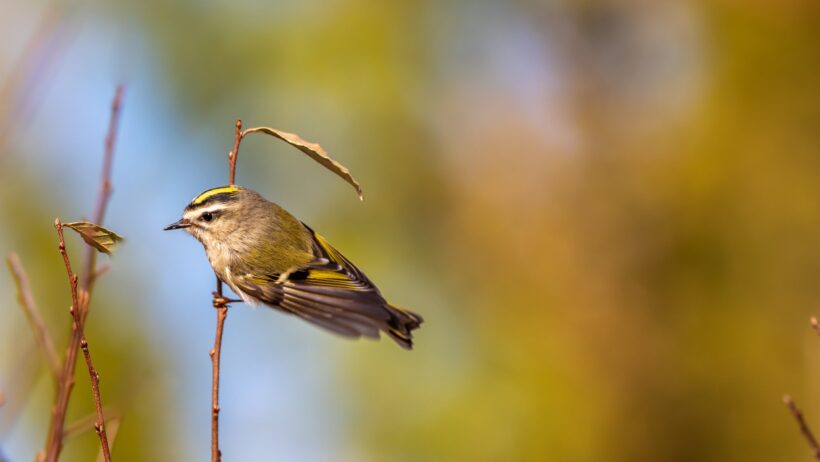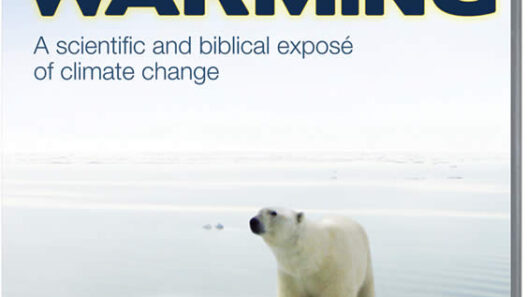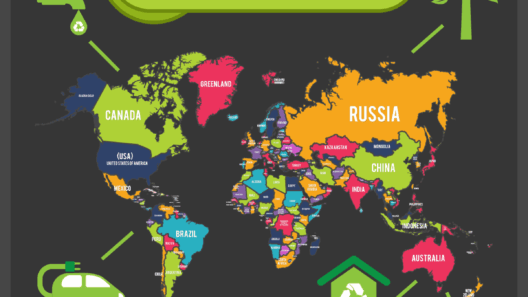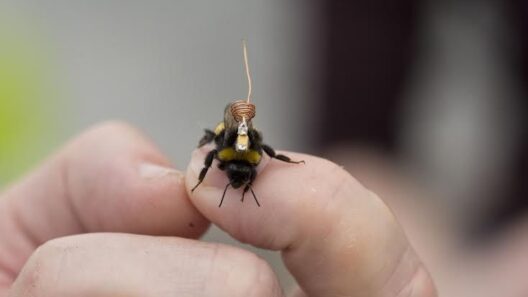Global warming, a pervasive issue affecting ecosystems worldwide, poses significant challenges not only to large mammals and terrestrial flora but also to diminutive aquatic species such as the guppy (Poecilia reticulata). This tiny fish, commonly known for its vibrant colors and adaptability in home aquariums, serves as a litmus test for environmental changes resulting from climate change. Understanding how global warming impacts guppies encapsulates broader ecological consequences and illuminates the intricate interdependencies within aquatic environments.
The guppy is native to the freshwater streams and rivers of northern South America, where it thrives in a range of habitats, from slow-moving waters to flooded areas. Its resilience to varying environmental conditions has made it a favorite among hobbyists and scientists alike. However, as the world’s temperatures continue to rise, this small fish faces profound disruptions in its habitat. One of the most significant impacts of climate change is the alteration of water temperature, a crucial factor in the physiological and developmental processes of aquatic organisms.
Guppies are ectothermic animals, meaning their body temperature is regulated by the surrounding environment. As global temperatures rise, so too do the water temperatures in their habitats. Increased thermal stress can lead to a variety of physiological challenges. For instance, elevated temperatures can accelerate metabolic rates, which, while initially beneficial, may lead to quicker depletion of energy reserves during periods of food scarcity. Guppies, like many other fish species, rely on a delicate balance between energy intake and expenditure, making them particularly vulnerable in fluctuating environmental conditions.
Moreover, temperature increases can affect reproductive rates and success. Guppies are known for their high fecundity, but their reproductive cycles are tightly linked to environmental cues, including water temperature. Warmer waters can induce earlier spawning events, which may seem advantageous; however, it can lead to misalignment with the availability of essential resources such as food and suitable habitats for the fry. Consequently, this mismatch could precipitate declines in guppy populations over time.
In addition to rising temperatures, global warming also exacerbates the incidence of extreme weather events, such as droughts and floods. These phenomena impact freshwater ecosystems in various ways. Drought can lead to habitat loss as rivers and streams recede, restricting guppy populations to smaller, isolated patches of water. Conversely, flooding can introduce pollutants and sedimentation, degrading water quality and impacting the delicate balance of these underwater ecosystems. The guppy’s characteristic adaptability may not be sufficient to withstand the compounded stresses posed by such extreme events.
The alteration of aquatic ecosystems extends beyond physical changes; it also invokes shifts in community dynamics. Guppies, being a keystone species within their environments, interact extensively with other organisms, from microscopic algae to larger predatory fish. Changes in temperature can affect the growth rates of algae, altering the food web. If algae blooms become more frequent or if their composition changes due to warmer water, it can impact the availability of food resources for guppies, further threatening their survival.
Moreover, guppies are often preyed upon by larger fish. As temperature increases influence predator-prey interactions, any disturbance in the balance can have catastrophic results. For instance, if larger predator species thrive in warmer waters, guppy populations may face increased predation pressure, compounding the challenges posed by other stressors. The interconnectedness of species illustrates how global warming can reverberate through the aquatic food web, impacting not just individual species but entire ecosystems.
Beyond ecological ramifications, the impacts of climate change on guppies also invite ethical considerations. The guppy is often used in scientific studies, particularly in research concerning evolutionary biology and environmental adaptability. Understanding the effects of climate change on this species can provide invaluable insights into the broader implications for biodiversity and conservation efforts. However, if guppy populations dwindle due to rising temperatures and habitat loss, it could hinder our ability to utilize them as effective indicators of environmental health.
In response to the threats posed by climate change, conservation strategies have become increasingly critical. Protecting guppy habitats through the establishment of aquatic reserves, enhancing water quality management, and mitigating pollution sources are essential steps toward ensuring the survival of this small but significant species. Public awareness campaigns highlighting the plight of the guppy and its role in freshwater ecosystems can foster community engagement and promote conservation efforts at local levels.
The guppy’s plight exemplifies a larger narrative about the consequences of climate change on biodiversity. As one of the smallest species, guppies are disproportionately affected by the climactic shifts occurring globally. Their survival or decline can serve as a reflection of the health of aquatic ecosystems. The interconnected nature of ecological relationships emphasizes the necessity for comprehensive climate action. If we focus solely on larger species and overlook the minute yet vital components of ecosystems, we may inadvertently neglect the foundational species that support entire biological communities.
In conclusion, the guppy’s gambit in the face of global warming illustrates the fragility of life at the grassroot level of ecosystems. Every species, regardless of size, contributes to the intricate tapestry of life on Earth. As stewards of the planet, we must recognize the significance of even the smallest aquatic inhabitants and strive to combat the pervasive effects of climate change. Only through collective action and a commitment to preserving biodiversity can we hope to secure a sustainable future for all species, including the vibrant guppy wandering its home waters.








